By leveraging Australia's strengths in human resources and technology, as well as Vietnam's development potential, the two countries aim to build a modern, efficient and environmentally friendly agriculture.
In recent years, Vietnam has witnessed a significant shift in the agricultural sector. Despite being affected by natural disasters, the agricultural sector still maintained a growth momentum of 3.20% in the first 9 months of 2024, contributing significantly to the economy.
However, the agricultural sector accounts for one-third of greenhouse gas emissions in Vietnam. In response, the government has approved the Sustainable Agriculture and Rural Development Strategy for the 2021-2030 period. By 2050, Vietnam aims to become a leading agricultural country with a modern processing industry, aiming for GDP growth, increased export output and a 10% reduction in emissions by 2030.
To prepare human resources for this strategy, the Ministry of Agriculture and Rural Development issued Resolution No. 37, calling for high-quality training to build an ecological agriculture sector with a team of qualified and creative experts to lead rural economic growth by 2030.
Shortage of highly qualified personnel
The agricultural sector is shifting to sustainable models and applying high technology and is facing a labor shortage. In 2022, although the demand for labor recruitment in the agriculture, forestry and fishery sector is up to 46,000 people per year, the rate of students choosing these majors is extremely low, only reaching 0.86%.
At the 2023 conference organized by the Ministry of Agriculture and Rural Development, experts emphasized that the current shortage of highly skilled labor not only hinders the application of new technologies but is also a major barrier to the transition to ecological farming.
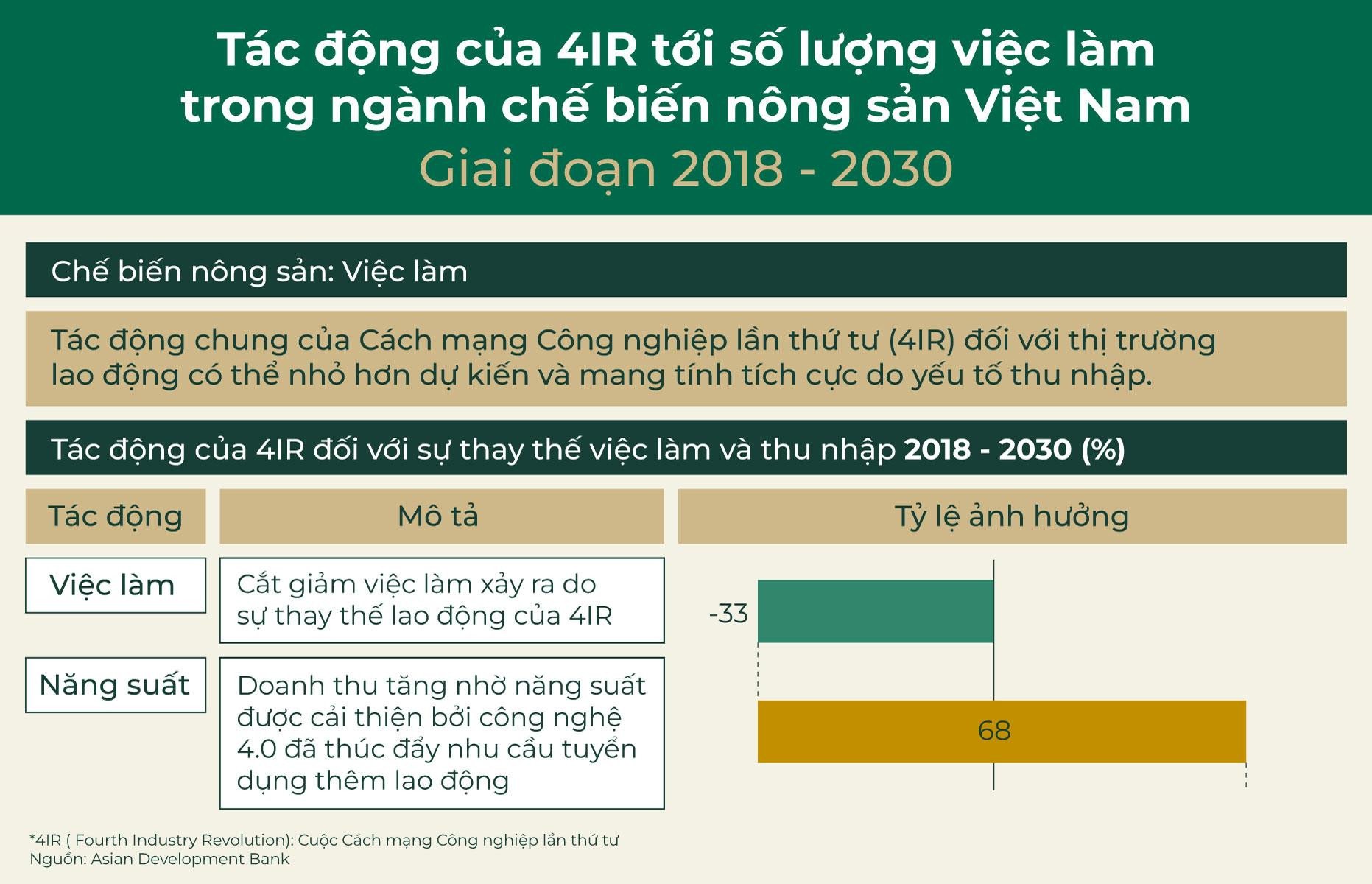
PwC’s report shows that if the quality of human resources in the agricultural sector is not improved, Vietnam could lose $9 billion in GDP growth. Vietnam needs to invest in training and developing a team of agricultural experts to ensure its position in the global agricultural market and promote the transition to modern and sustainable agriculture.
Vietnam - Australia cooperate in human resource development
Vietnam and Australia are strengthening their partnership through trade agreements such as the Regional Comprehensive Economic Partnership (RCEP) and the Comprehensive and Progressive Agreement for Trans-Pacific Partnership (CPTPP), with sustainable agriculture as an important pillar.
Last September, Australia opened its doors to 1,000 Vietnamese workers to work in the agricultural sector under a labor rotation program. Workers will take on short-term (6-9 months) or long-term (1-4 years) roles in areas such as crop production, meat processing, aquaculture and forestry. This initiative aims to address Australia’s labor shortage, helping Vietnamese workers improve their skills and experience, contributing to sustainable agricultural development in their home country.
Major universities such as the University of Adelaide and the University of Tasmania are actively developing the capacity of the agricultural workforce through specialist training programs in areas such as carbon neutral agriculture and precision agriculture.
Vietnam can learn from and apply these valuable experiences to develop sustainable agriculture. Through the partnership, Australia can provide technical training, capacity development and research collaboration tailored to the specific challenges facing Vietnamese agriculture.
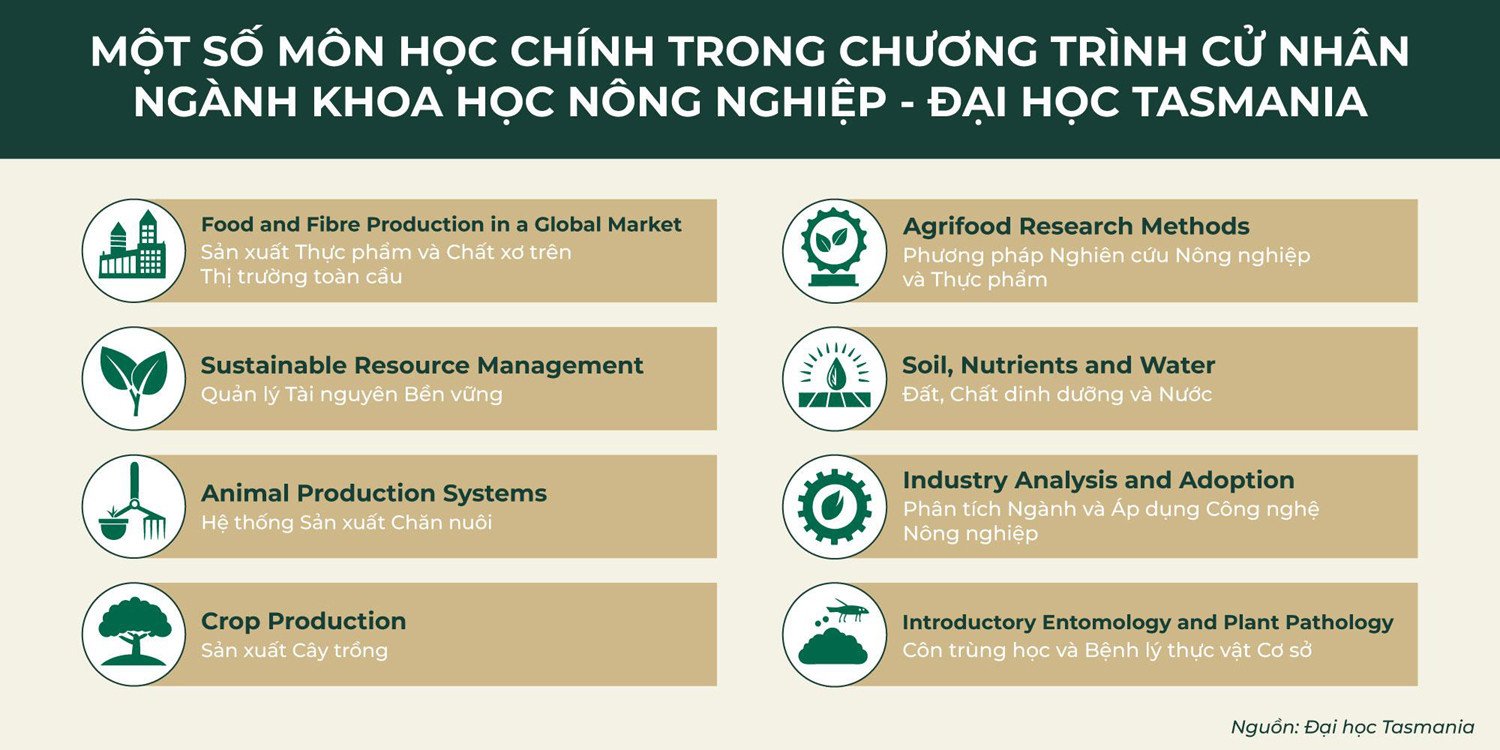
At the Education - Training - Research Cooperation Workshop towards Green Transformation organized by Austrade under the Australian Embassy in September, professors from Australia and Vietnam discussed cooperation in developing Vietnam's workforce in sustainable agriculture. The workshop focused on sharing good practices, circular economy models, as well as building high-quality human resources and applying advanced technology and automation in agriculture to reduce labor.
Promoting digitalisation and capacity building for Vietnam’s agriculture sector requires collaboration between government, technology industry and business. The Aus4ASEAN Digital Transformation and Future Skills initiative provides a digital skills upgrading model, including courses on building a vocational training system for the green economy. Australia can adapt and implement this model in Vietnam, contributing to the building of a modern, sustainable and deeply integrated agriculture.
Thuy Nga
Source: https://vietnamnet.vn/viet-nam-australia-hop-tac-phat-trien-nguon-nhan-luc-nganh-nong-nghiep-2341100.html


![[Photo] Official welcoming ceremony for the King and Queen of the Kingdom of Belgium](https://vstatic.vietnam.vn/vietnam/resource/IMAGE/2025/4/1/9e1e23e54fad482aa7680fa5d11a1480)
![[Photo] President Luong Cuong and the King of Belgium witness the Vietnam-Belgium document exchange ceremony](https://vstatic.vietnam.vn/vietnam/resource/IMAGE/2025/4/1/df43237b0d2d4f1997892fe485bd05a2)

![[Photo] Queen of the Kingdom of Belgium and the wife of President Luong Cuong visit Uncle Ho's Stilt House](https://vstatic.vietnam.vn/vietnam/resource/IMAGE/2025/4/1/9752eee556e54ac481c172c1130520cd)
![[Photo] President Luong Cuong meets with King Philippe of Belgium](https://vstatic.vietnam.vn/vietnam/resource/IMAGE/2025/4/1/1ce6351a31734a1a833f595a89648faf)
![[Photo] National Assembly Chairman Tran Thanh Man meets with King Philippe of Belgium](https://vstatic.vietnam.vn/vietnam/resource/IMAGE/2025/4/1/c6fb3ef1d4504726a738406fb7e6273f)
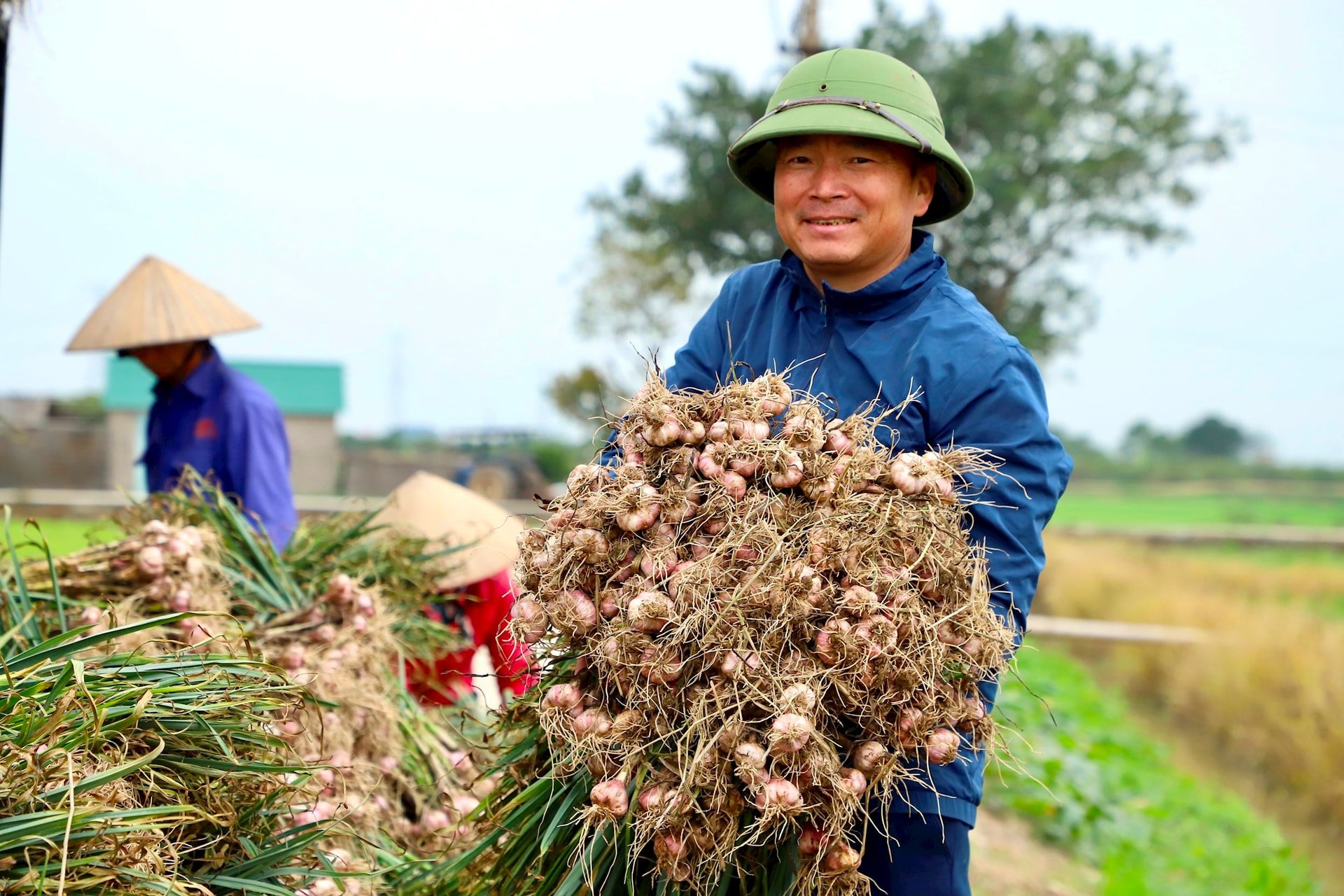

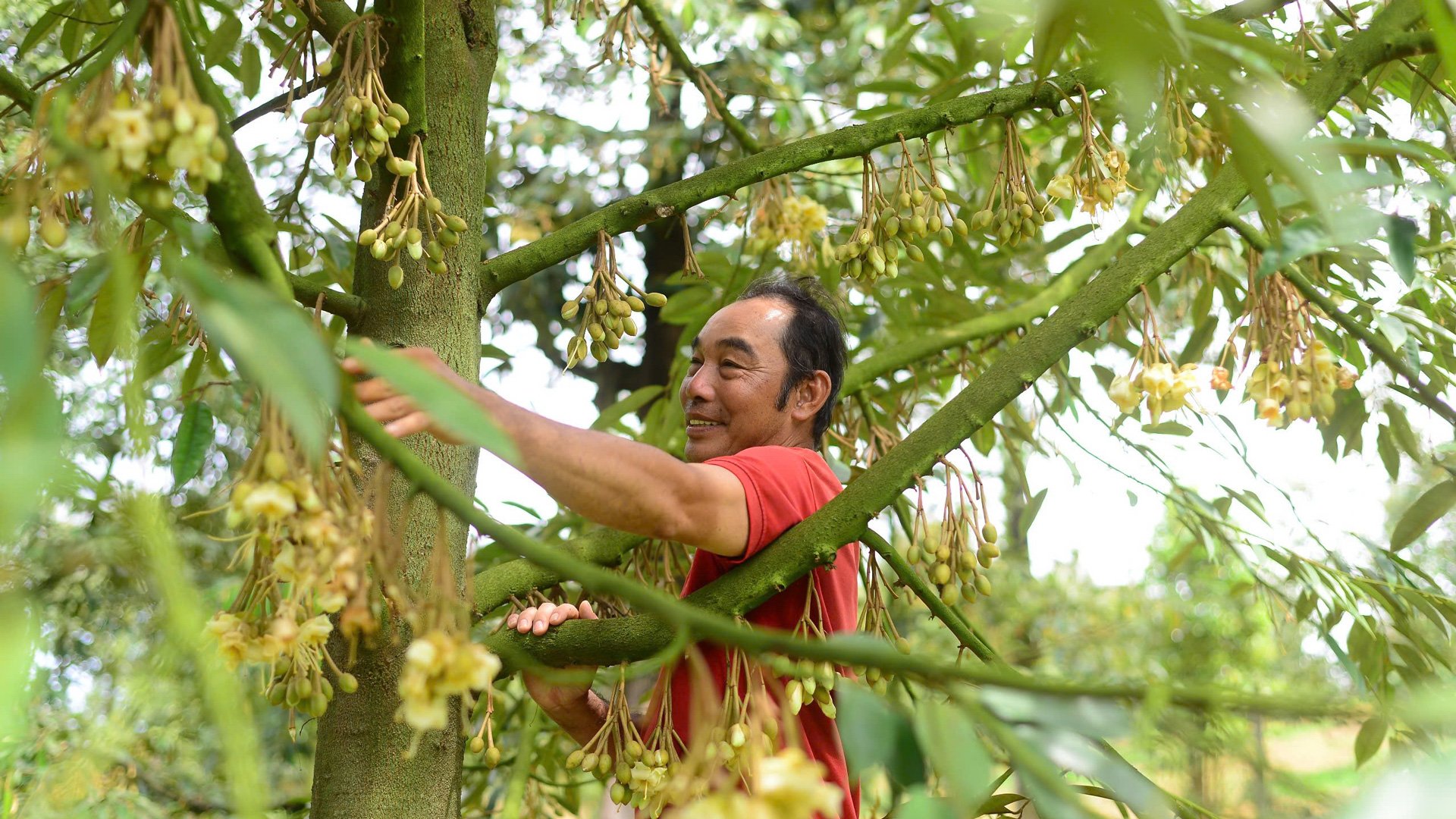



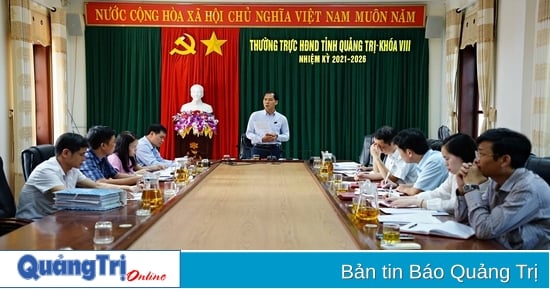



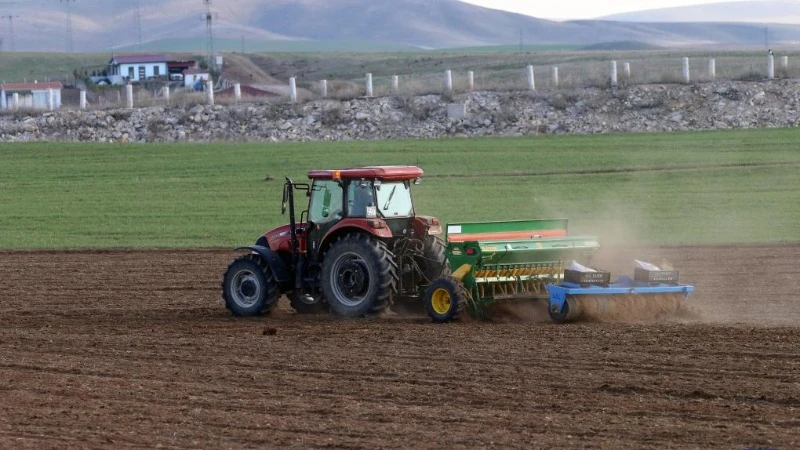



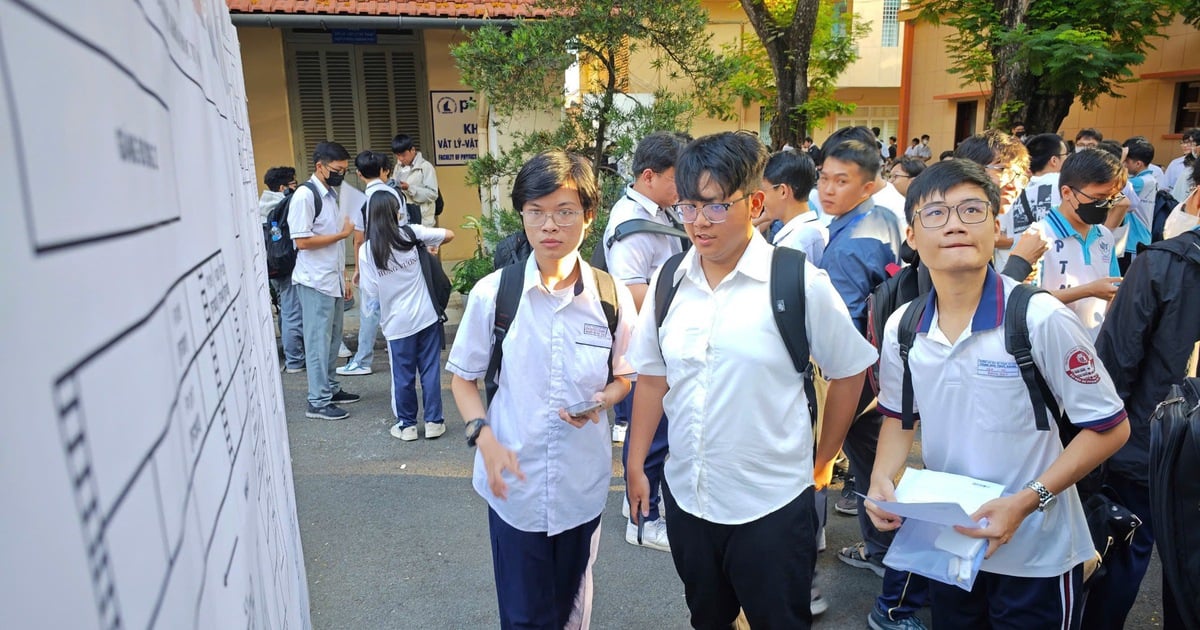
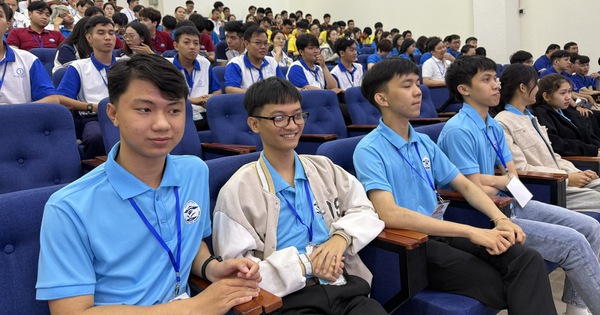
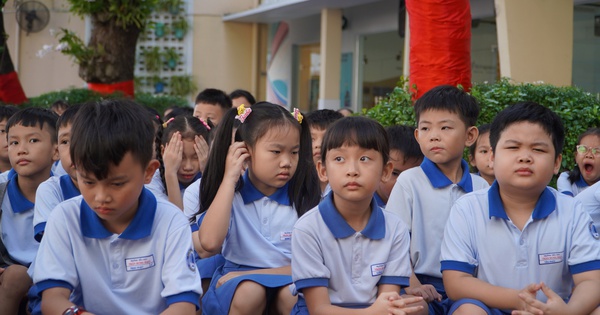





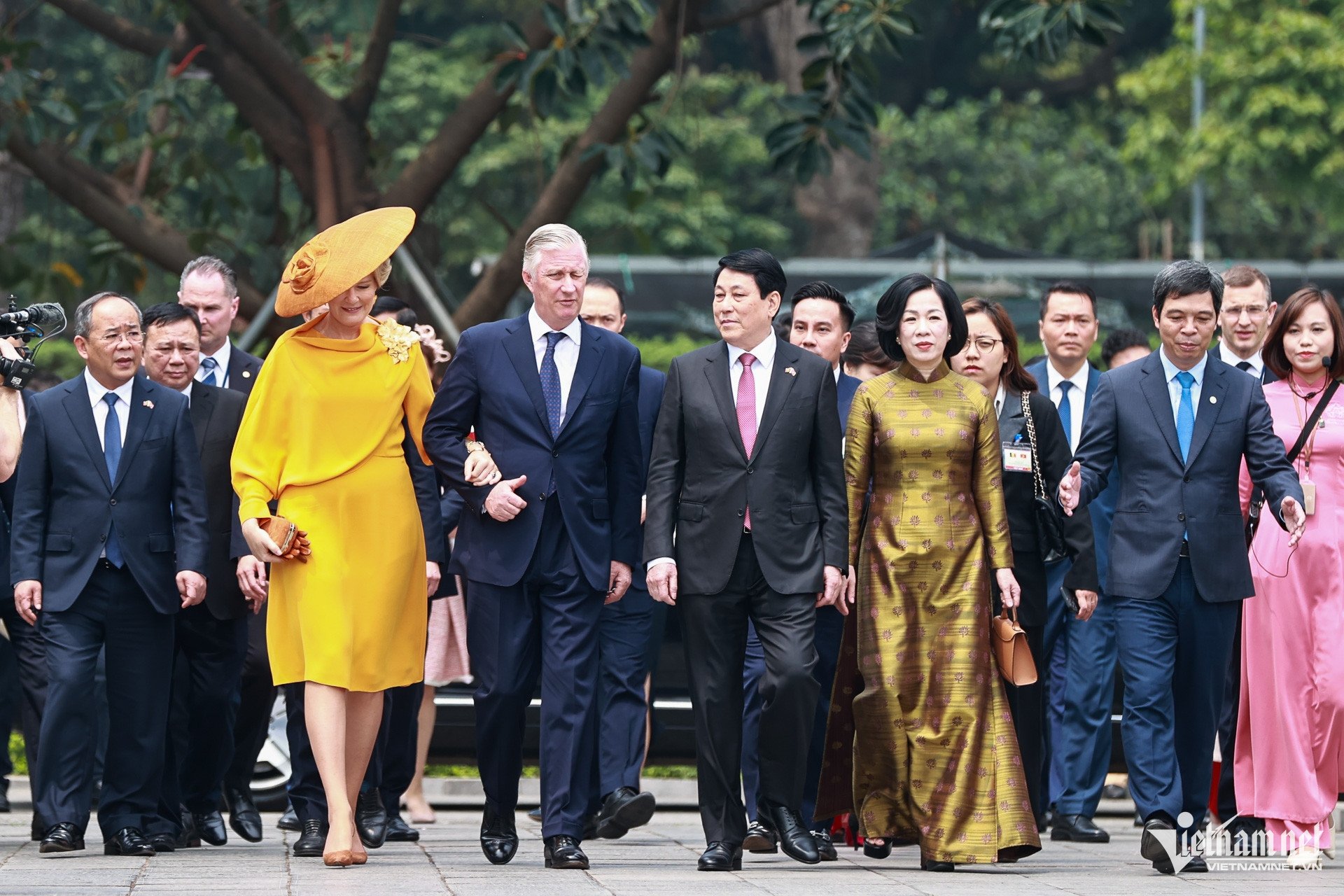
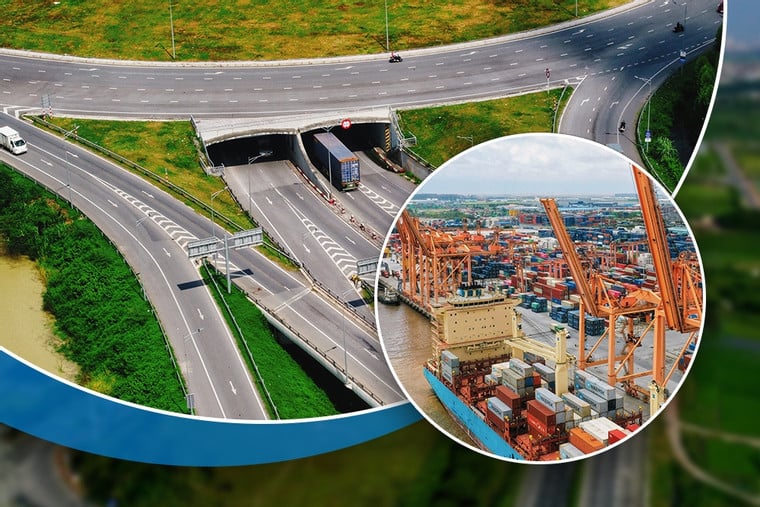



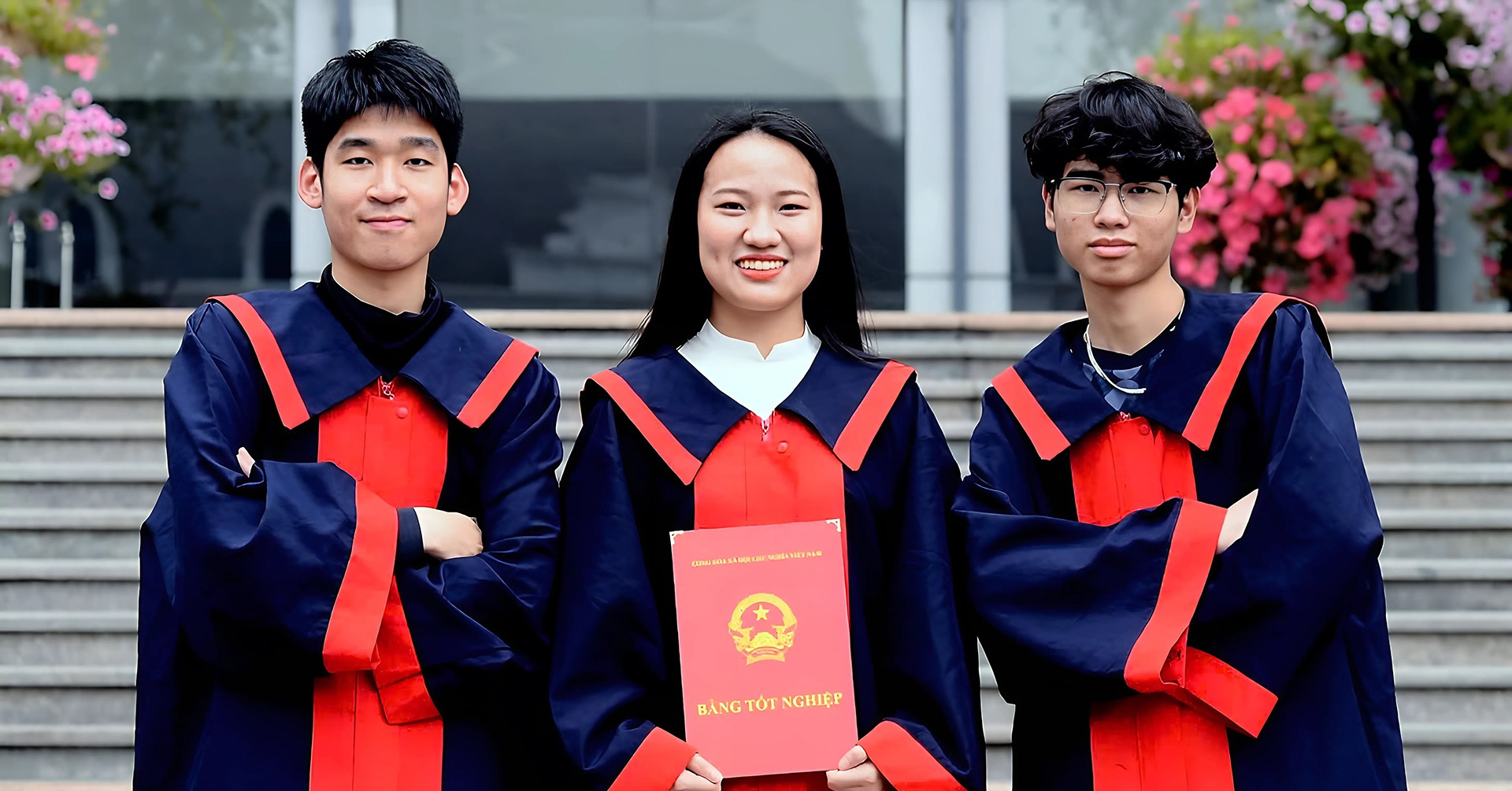









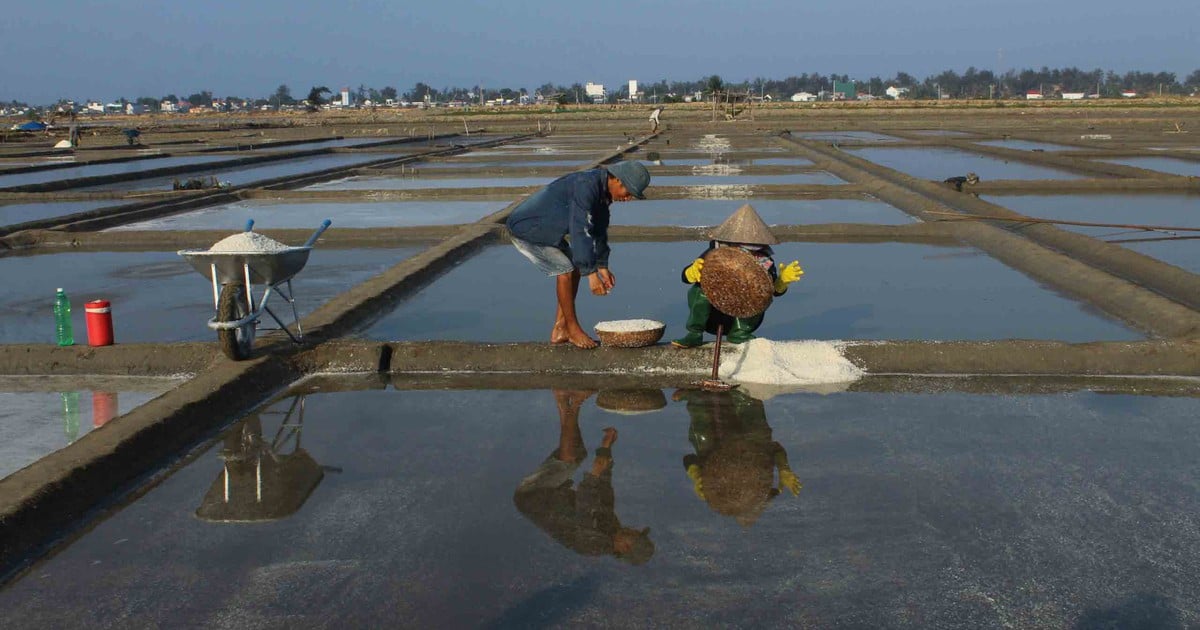



















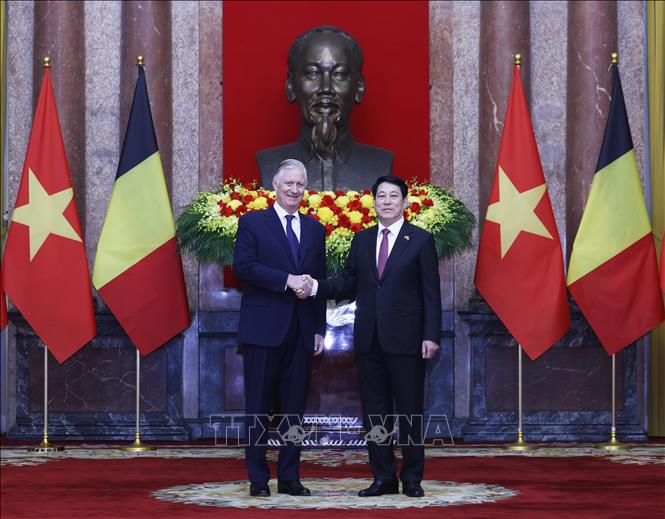

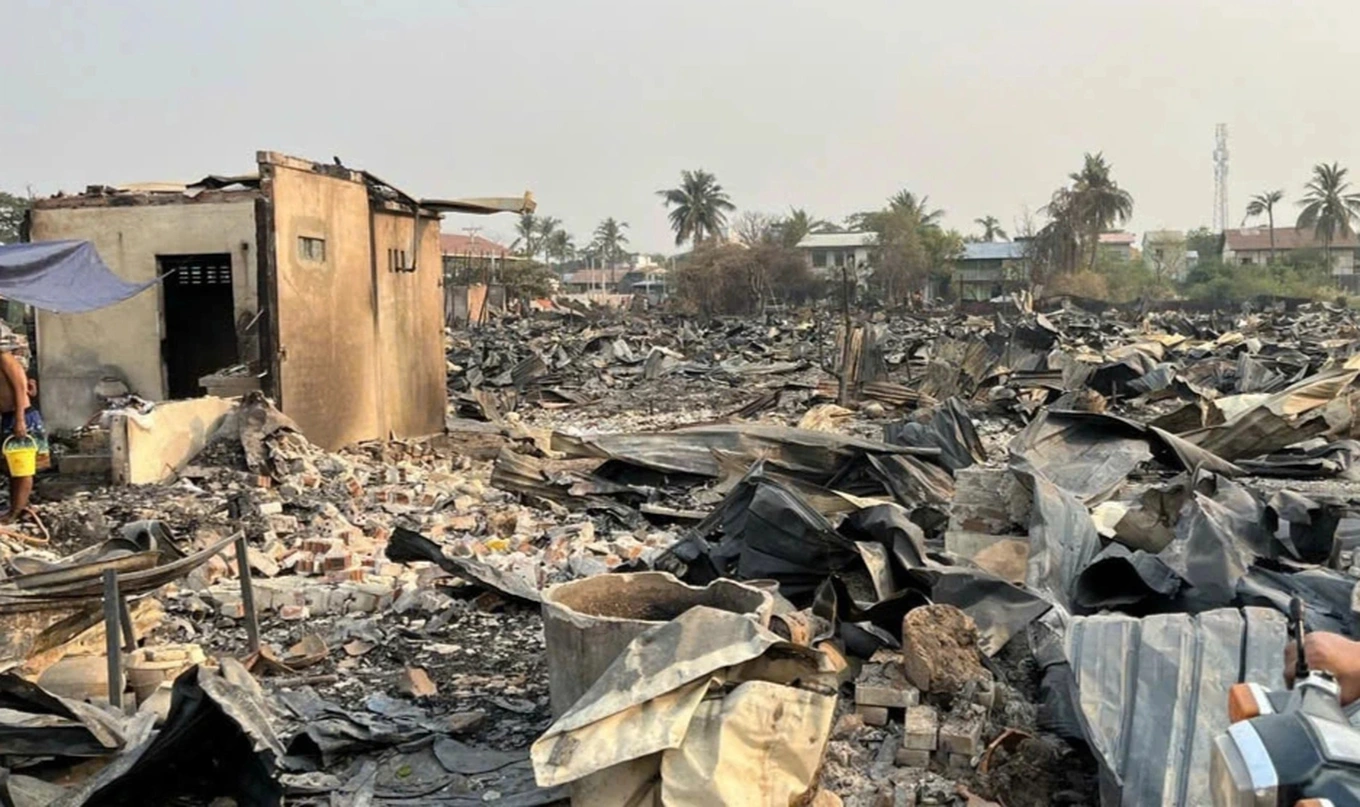
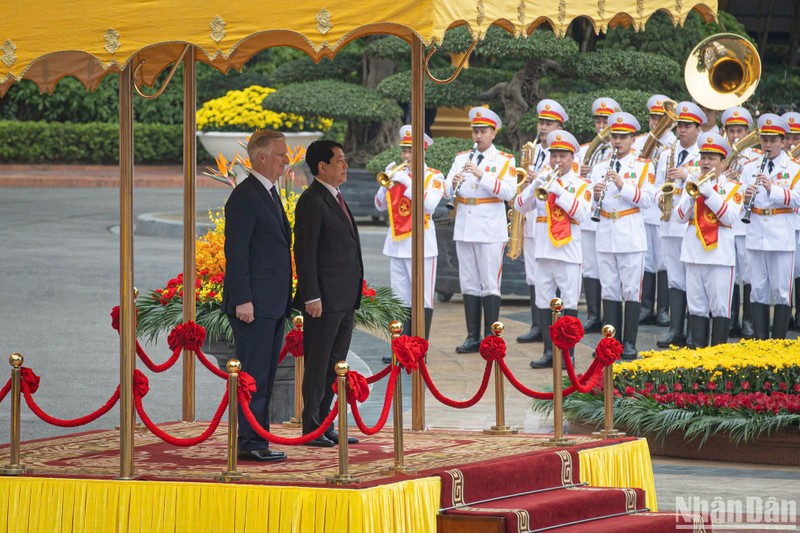
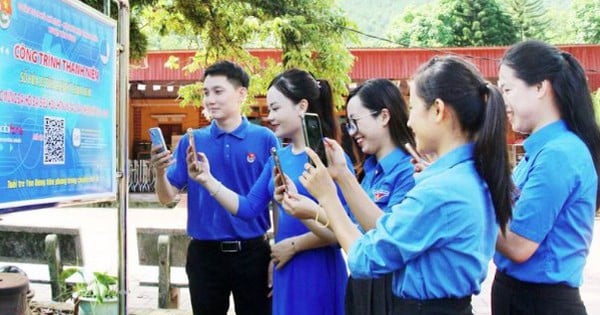

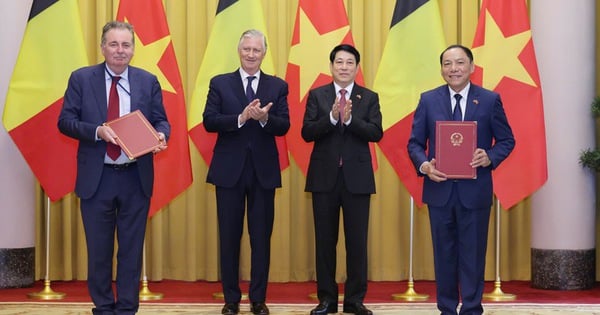
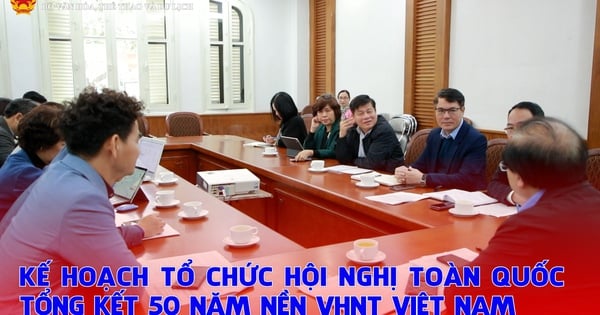
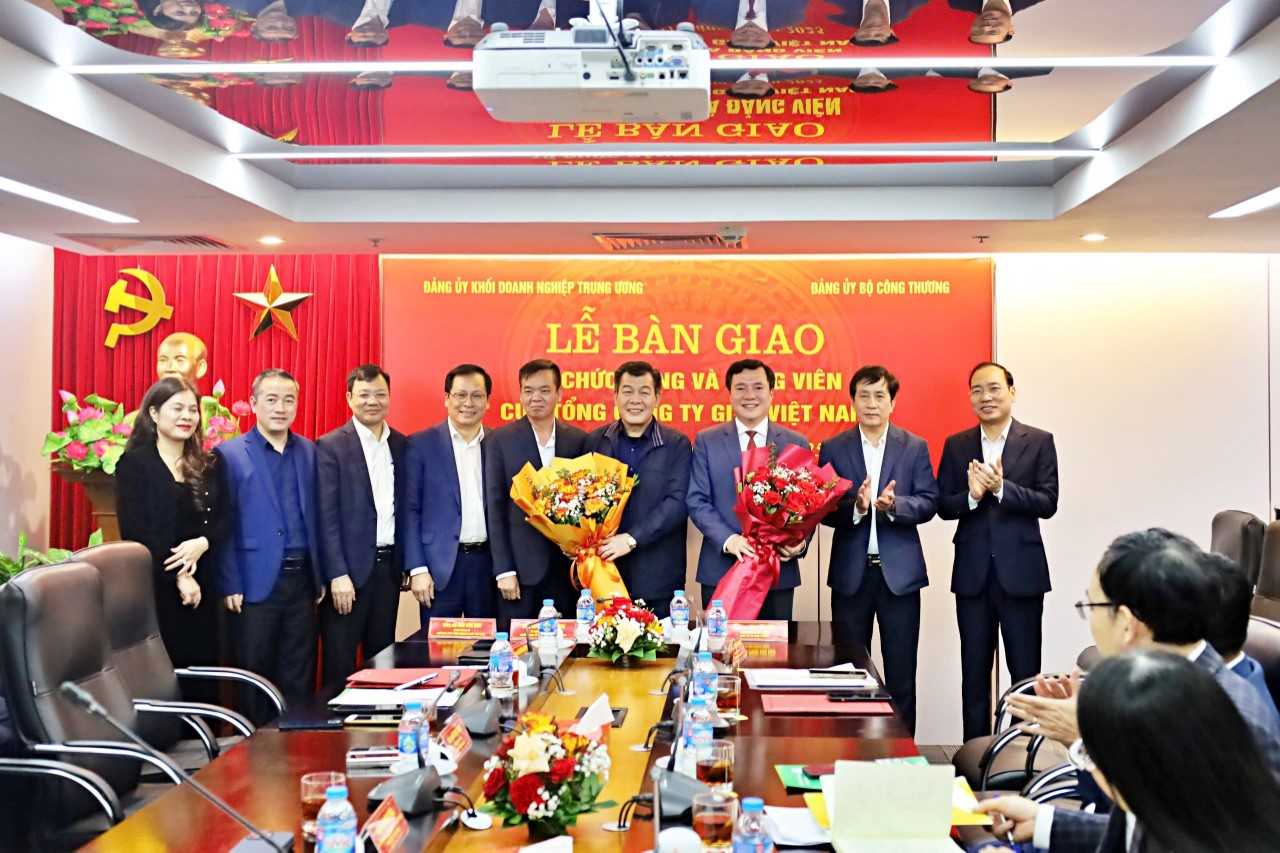

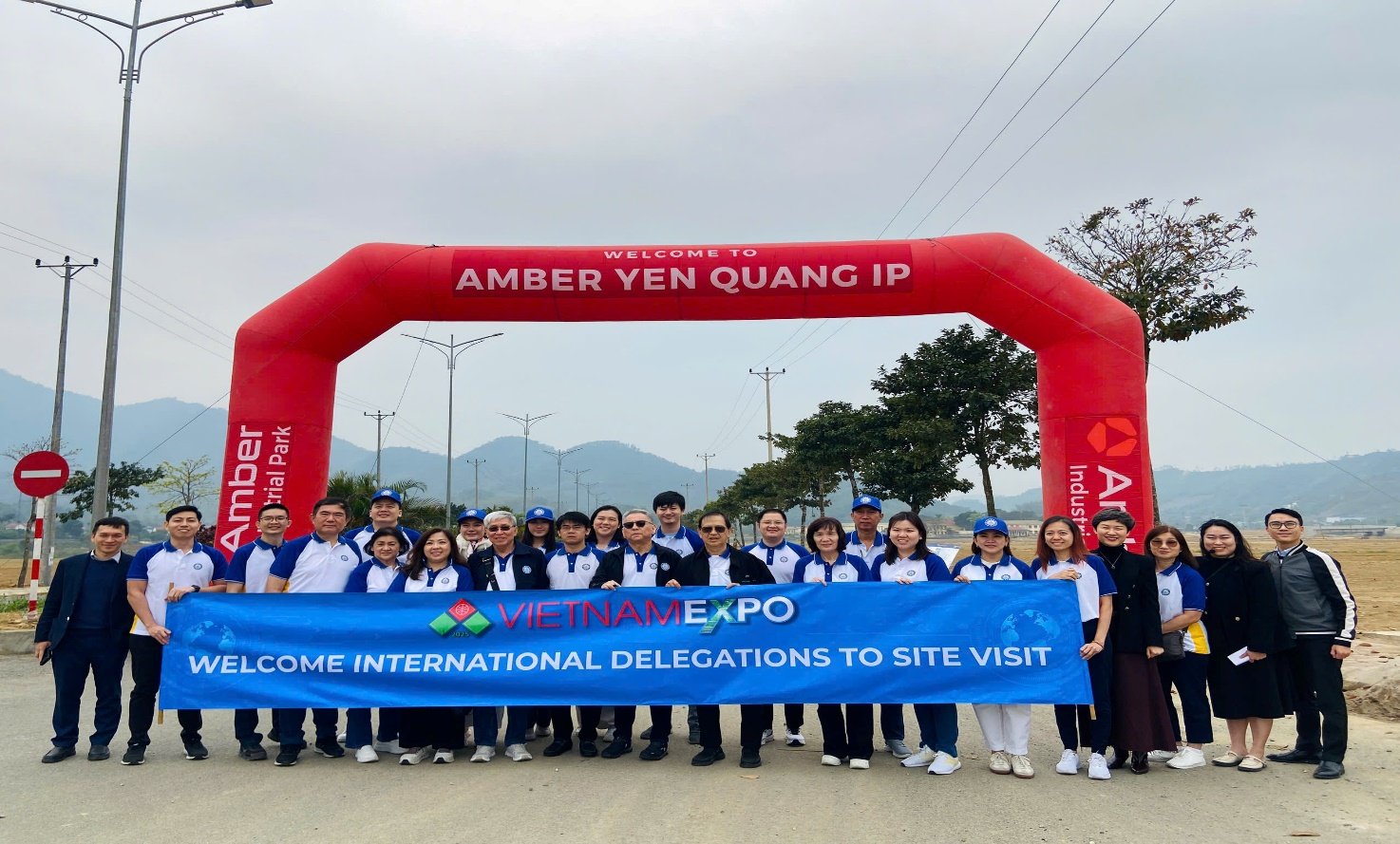

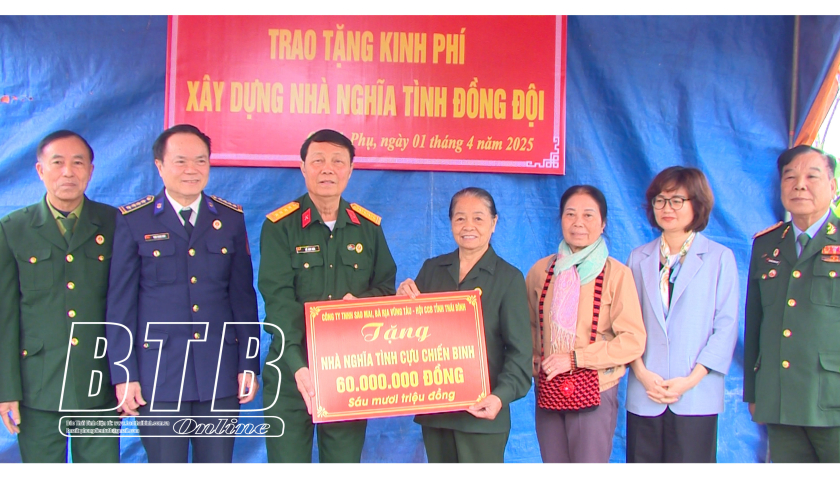

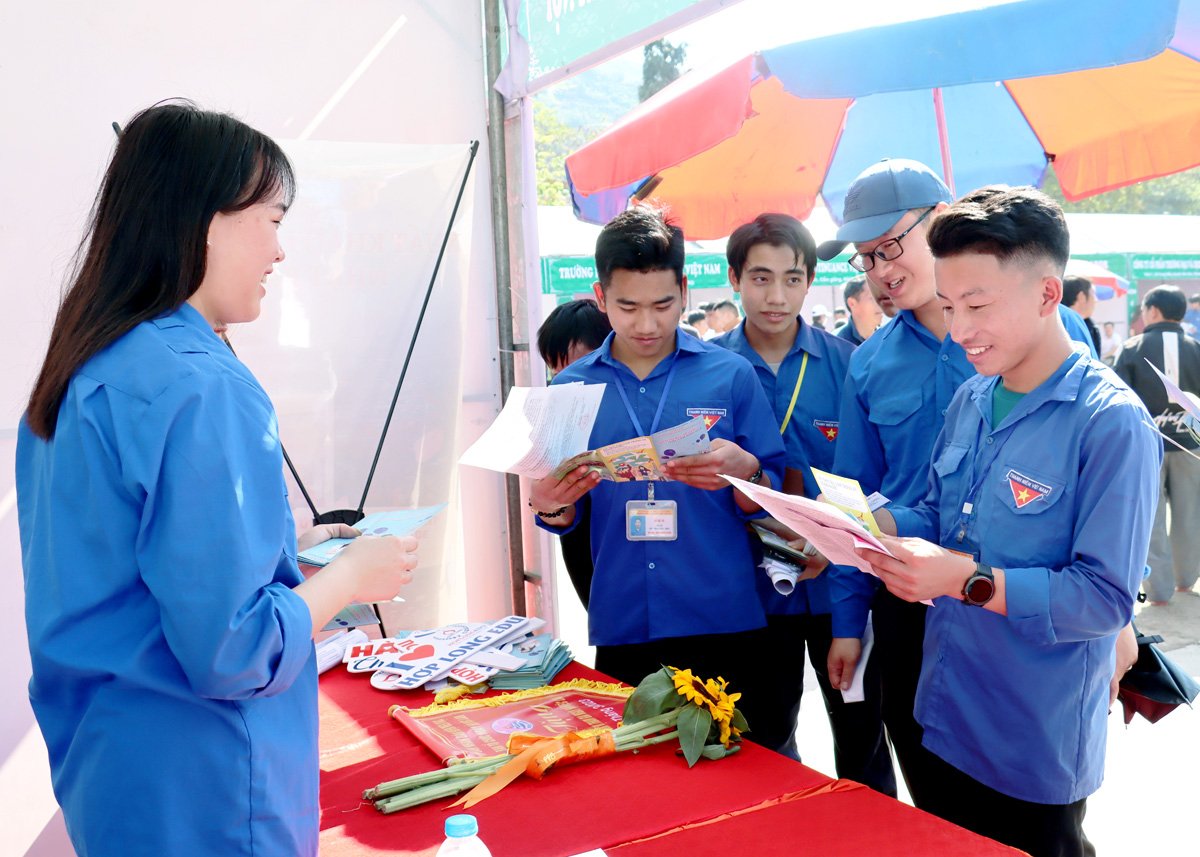

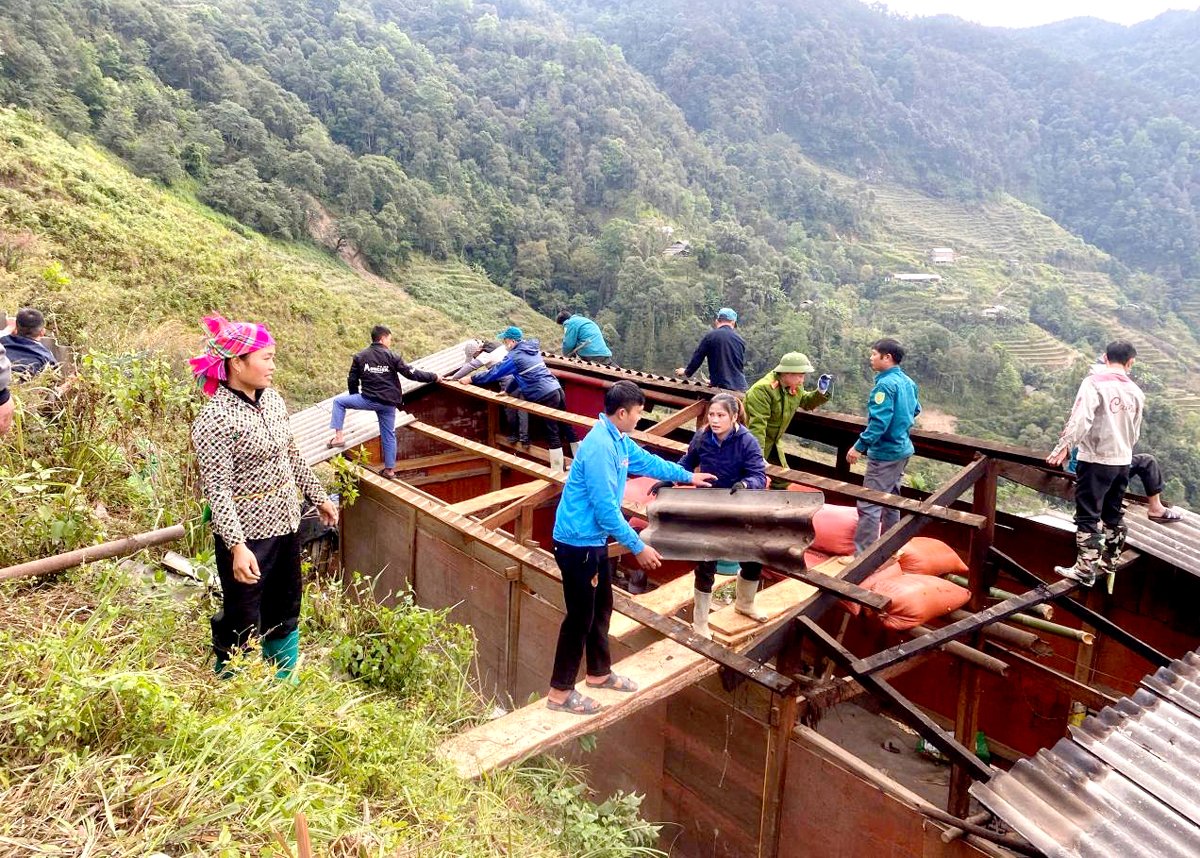
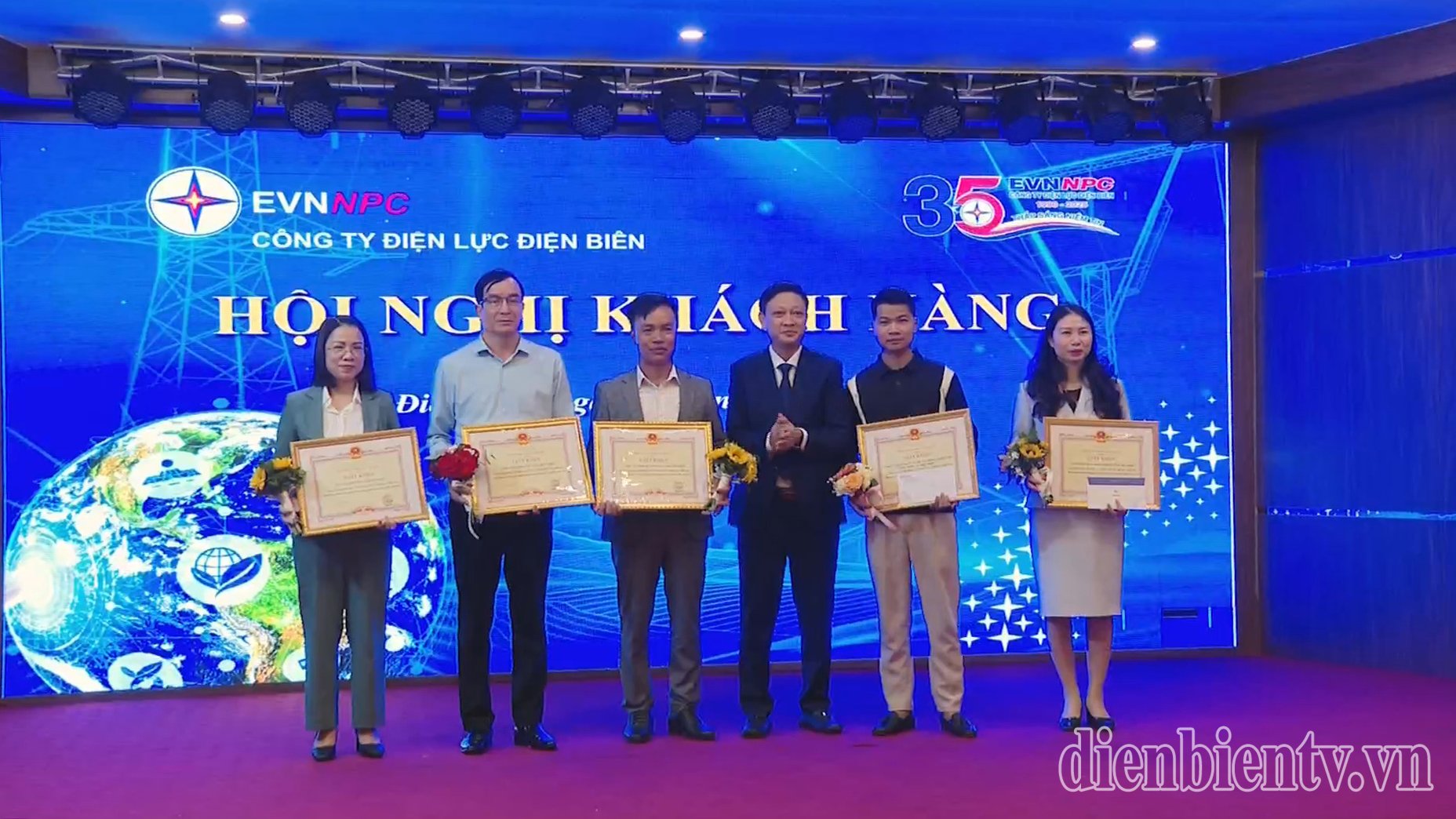

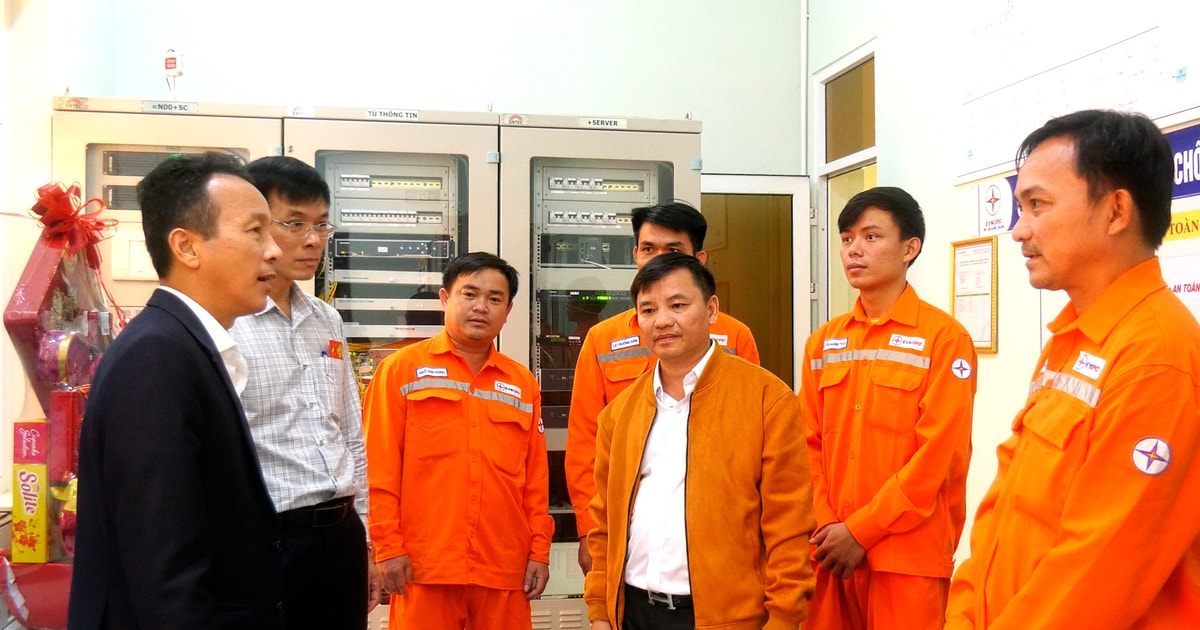
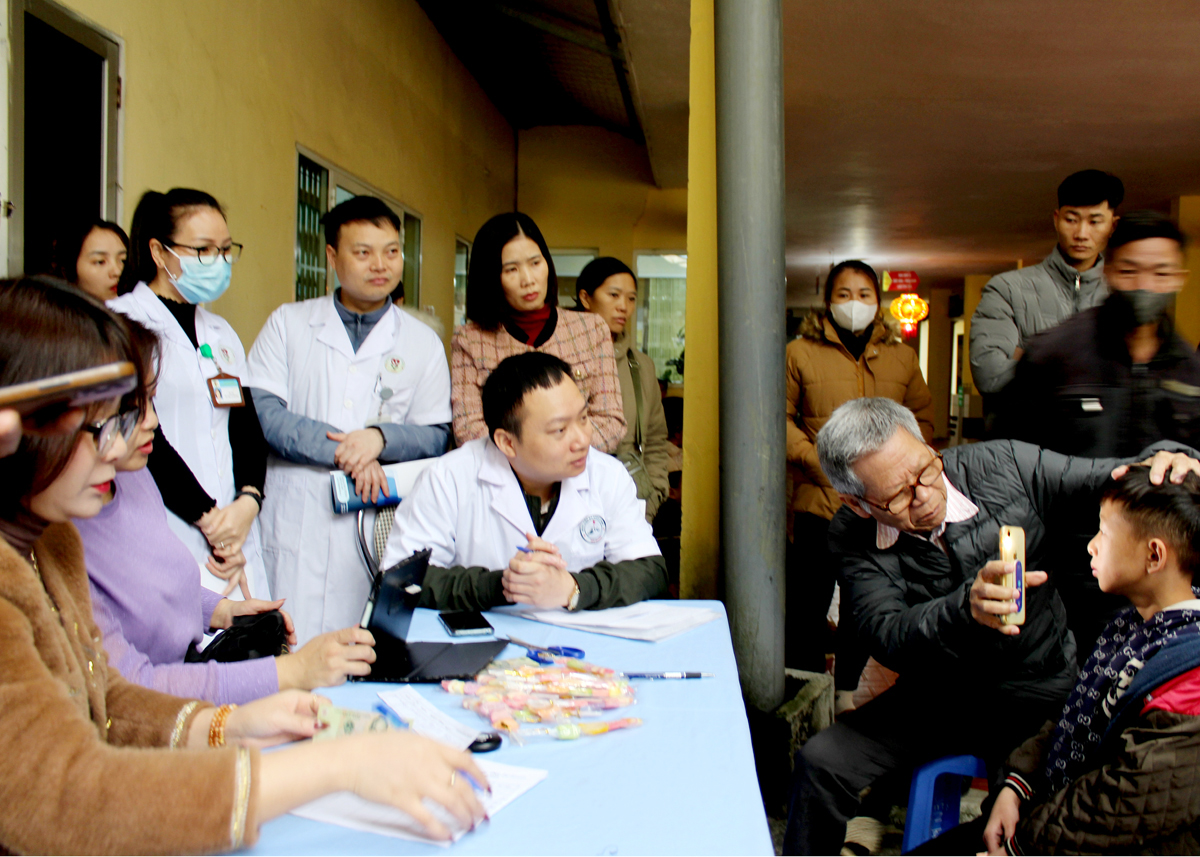











Comment (0)